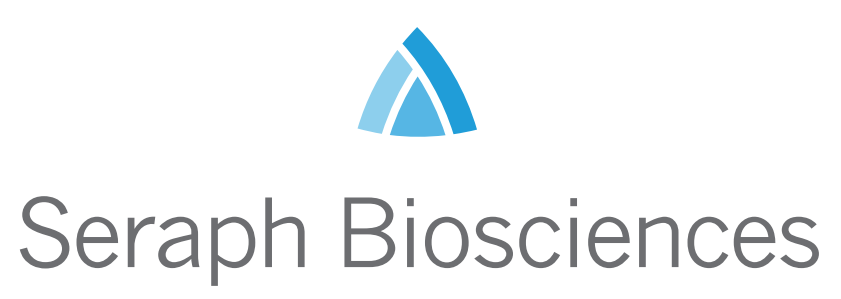Seraph Signs Deal with Zomedica
Seraph Biosciences signs deal with Zomedica on pathogen identifier device
Seraph Biosciences Inc., a Detroit-based biomedical device company based at Wayne State University, has signed a development and exclusive distribution agreement for its Seraspec pathogen identification device with Zomedica Pharmaceuticals Corp., a veterinary diagnostic and pharmaceutical company with its U.S. office in Ann Arbor.
Zomedica (NYSE American:ZOM) (TSX-V:ZOM) has agreed to pay Seraph upfront fees of $500,000 and issue Seraph unregistered common shares with a value of $1.25 million, or 641,717 common shares at about $1.95 per share, subject to Toronto Stock Exchange approval, officials said.
Under the terms of the seven-year agreement, Zomedica will have exclusive global veterinary industry rights to develop and market Seraspec as an instrument for identifying pathogens at veterinary offices. Zomedica will pay Seraph license fees based on a percentage of gross profit and other funding and considerations based on hitting a variety of development and sales milestones.
The deal automatically renews for one-year terms after the initial term.
Jim Shanley, CEO of Seraph Biosciences, said the goal is to complete laboratory testing of the Seraspec device on animal health and launch sales and marketing efforts in 2019. Its initial focus will be on dogs, but the device is also expected to be used to test for pathogens in cats.
“We are really excited with our collaborative relationship” and being a part of using Seraspec to improve veterinary clinical practices, Shanley told Crain’s Monday.
In a statement, Gerald Solensky Jr., Zomedica’s CEO, said: “Our agreement with Seraph is another milestone in our efforts to bring cutting-edge innovations to veterinary practices. We chose to partner with Seraph because we believe that their platform will enable us to bring the best of human market technology to the in-house veterinary diagnostic lab bench, elevating the standard of care, enhancing practice workflow and driving practice profitability.”
Shanley said Seraph has been working with Zomedica for more than a year to test Serapec and work out the details of the contract.
Identifying pathogens in humans or animals is a time-consuming process that involves costly lab-based methods of specimen collection.
But using principles of Raman spectroscopy, Seraph’s Serapec can diagnose a variety of pathogens by scanning urine, fecal and other samples. Zomedica will call its diagnostic instrument the ZM-020. It will also detect genus- and species-level data on pathogens
Shanely said Zomedica will initial focus on using Seraspec device on urinary and intestinal pathogens, particularly those that are antibiotic resistant.
Unlike use on humans, which requires a lengthy clinical trial approved by the U.S. Food and Drug Administration, ZM-020 does not need premarket regulatory approval for use with companion animals.
Medical engineer Gregory Auner, co-founder and chief science officer of Seraph, has been developing Seraspec for the past several years. Auner, a Crain’s 2018 Health Care Hero, said Seraspec also be used to identify drugs, toxins, or chemicals that might result from industrial spills, radiation from a nuclear accident or bioterrorism.
Charles Shanley, M.D., co-founder of Seraph, is a surgeon who recently was appointed CEO of University Physicians Group, WSU’s multispecialty faculty practice plan. Seraph is using technology licensed from Wayne State.
Seraph plans to use the device in the veterinary market first, where it can generate revenue as it goes through the process of getting approval from the FDA to use its devices on humans.
Braden Robison, Seraph’s COO, said Zomedica was chosen as a partner because it has a clinical background that would enable Seraph to further its long-range goal of conducting the clinical trial on humans.
Shanley said the additional funding from Zomedica will allow Seraph to hire additional staff and researchers to prepare for the FDA approval process sometime after Zomedica begins sales on its companion animal device.
“We are on the FDA path, have completed presubmission and defined the clinical trial,” Shanley said. “We have not assigned a start date. We need to do lab and clinical validation first. It will take some time and the process is different with the FDA.”
Click here to view the full article on Crain’s Detroit Business
